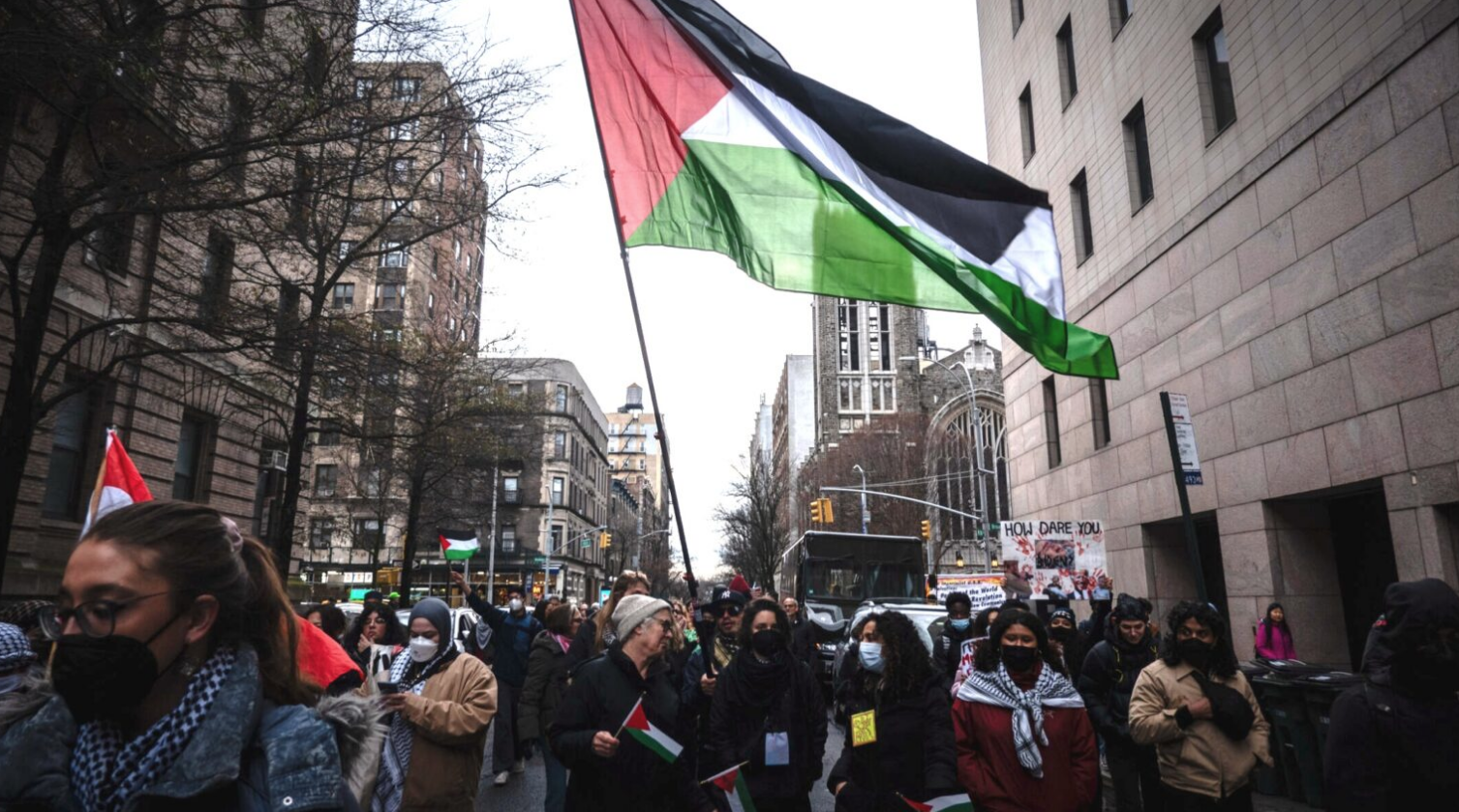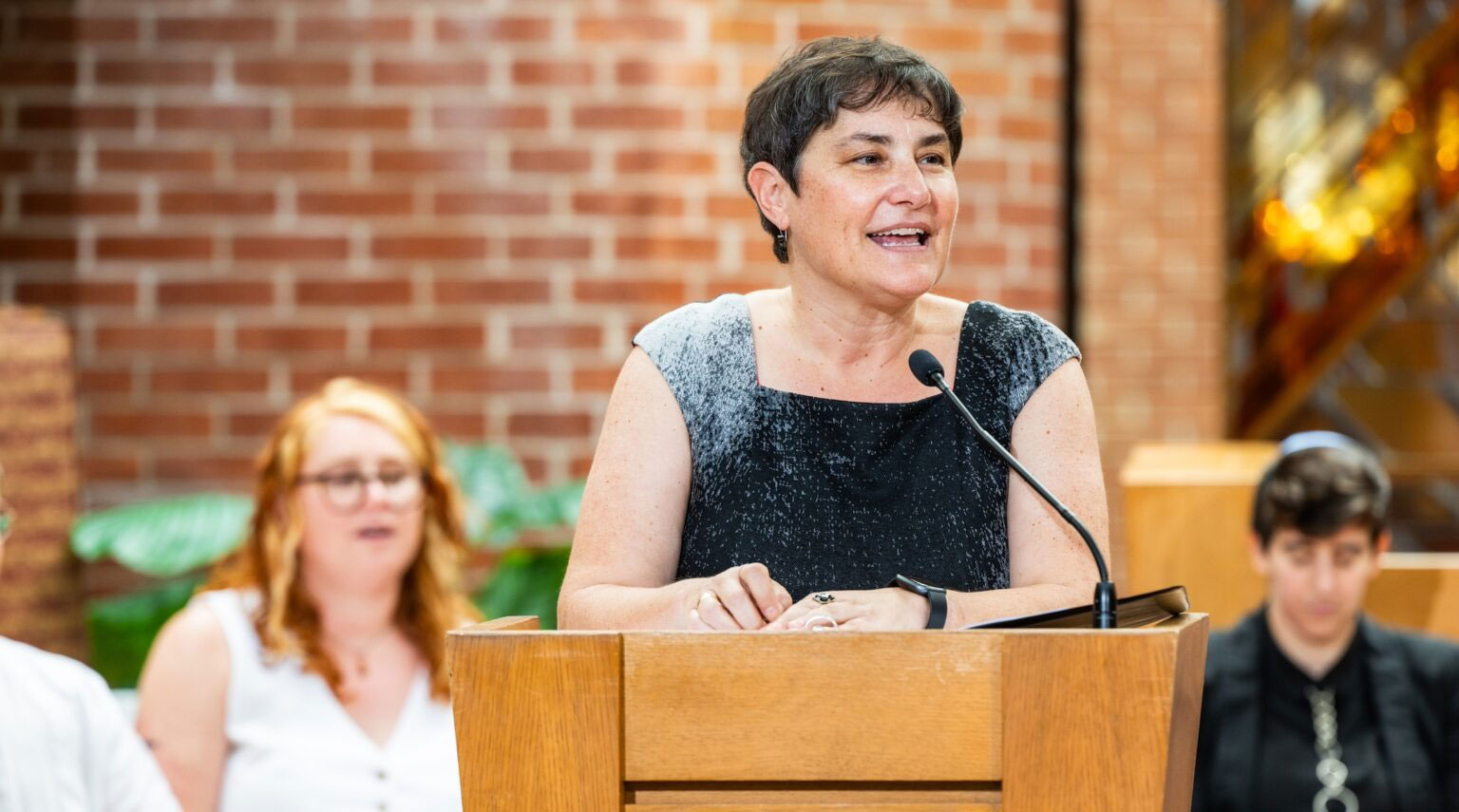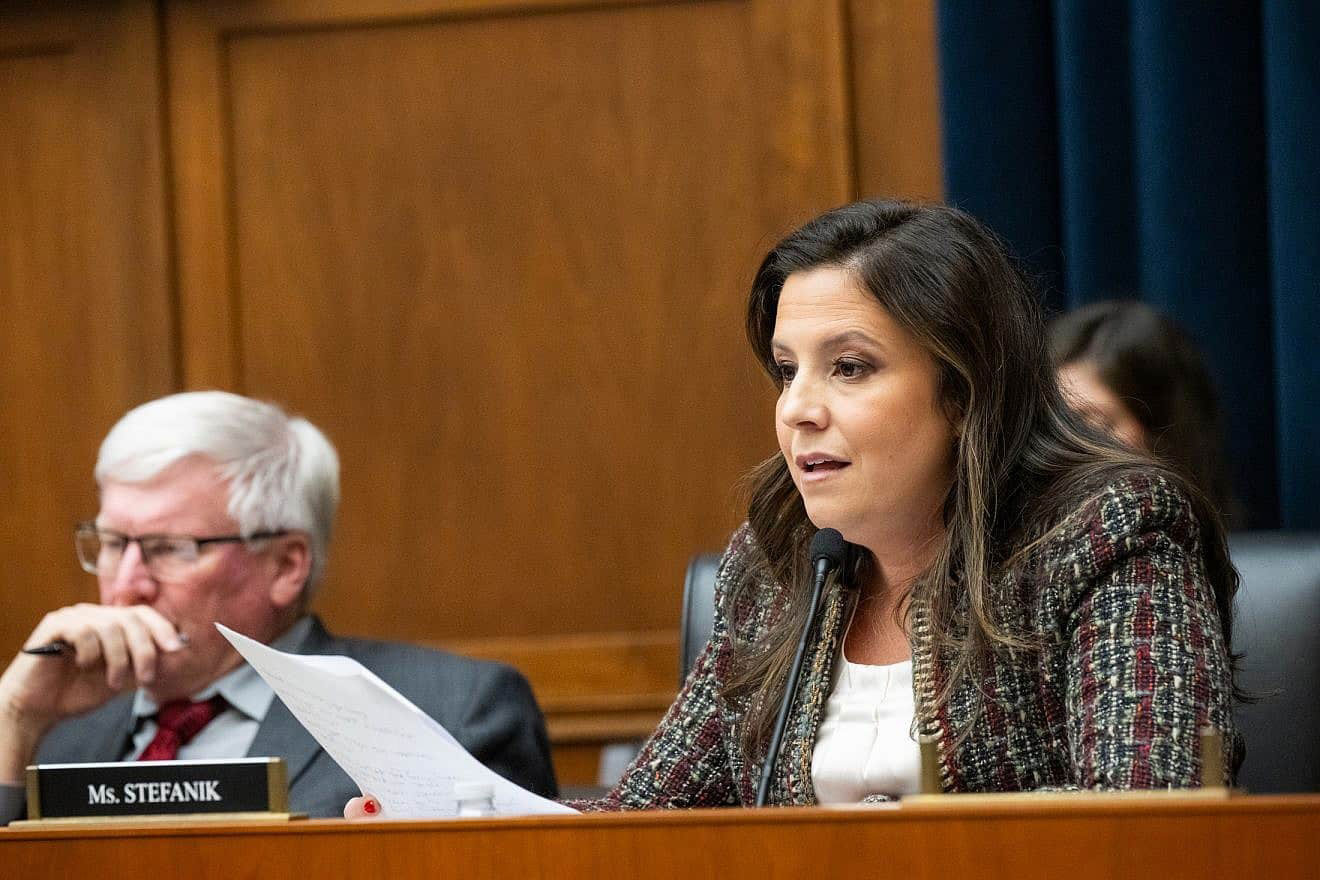(JTA) — Columbia University has settled a lawsuit brought against it by a Jewish student alleging a hostile environment as a result of the pro-Palestinian encampment movement.
The settlement is a major development in Jewish groups’ efforts to hold universities accountable in light of a reported increase in campus antisemitism since Oct. 7.
As part of the settlement, Columbia has promised to provide walking escorts and safe campus entrances at all hours of the day, as well as accommodations for students who were unable to complete exams owing to campus disruption.
“We are pleased we’ve been able to come to a resolution and remain committed to our number one priority: the safety of our campus so that all of our students can successfully pursue their education and meet their academic goals,” a Columbia spokesperson said in a statement to the Jewish Telegraphic Agency.
The suit was brought by an anonymous Jewish student in late April who alleged that the encampments had disrupted their education. The school faced significant disruption as a result of the encampments, with clashes between students and police, hundreds of arrests, a move to hybrid classes, extended campus closures and the eventual cancellation of commencement.
Jay Edelson, an attorney for the plaintiff and head of the law firm Edelson PC, told reporters that the settlement represented “a return to basic, shared principles of safety on campus for all Columbia students.” Edelson’s firm, which did not immediately respond to a request for more details about the settlement, has taken an active role in advocating for Jewish students amid the current campus climate. It announced in December that it would no longer recruit Harvard Law students following controversial congressional testimony on antisemitism by then-Harvard President Claudine Gay.
The Columbia settlement is the first significant legal resolution for Jewish students who have sought campus protections from antisemitism via the court system since Oct. 7. Several other Jewish-led lawsuits against elite universities remain pending, as do more than 100 federal Title VI discrimination investigations at the U.S. Department of Education, which has become a popular mechanism for Jews seeking to hold universities and school districts accountable. Pro-Palestinian groups have also filed both lawsuits and complaints alleging discrimination.
These methods are increasingly overlapping and, in some cases, canceling each other out. While the department’s Office of Civil Rights has yet to resolve any of the Title VI cases filed since the start of the Israel-Hamas war, a spokesperson confirmed to JTA that it has dismissed at least five investigations after lawsuits were filed over the same incidents.
The office promises to open every Title VI complaint it receives for investigation regardless of source or merit, yet also moves to close any active investigation that overlaps with a lawsuit, saying that the same complaint should not be resolved through two different avenues.
The dismissed investigations — at Columbia, Harvard, the University of Pennsylvania, the Massachusetts Institute of Technology and the Cooper Union — were all at universities that have been the sites of high-profile antisemitism allegations. Columbia and other schools still have other active complaints filed on other grounds.
The Columbia settlement suggests that lawsuits may result in agreements more quickly than civil rights investigations.
Last week, the civil rights office announced a resolution in an antisemitism-related investigation based on a complaint filed by a Jewish civil rights group last August. The Community School of Davidson, a charter school in North Carolina, agreed to review its anti-discrimination procedures and implement new staff training after students reportedly harassed a non-Jewish student who wore an Israeli Olympic jersey to school.
The complaint was filed prior to Oct. 7 by the Brandeis Center for Human Rights Under Law, a law firm that frequently files civil rights challenges on behalf of Jewish or pro-Israel clients, and was notable for resting on “perceived,” rather than actual, Jewish ancestry.





